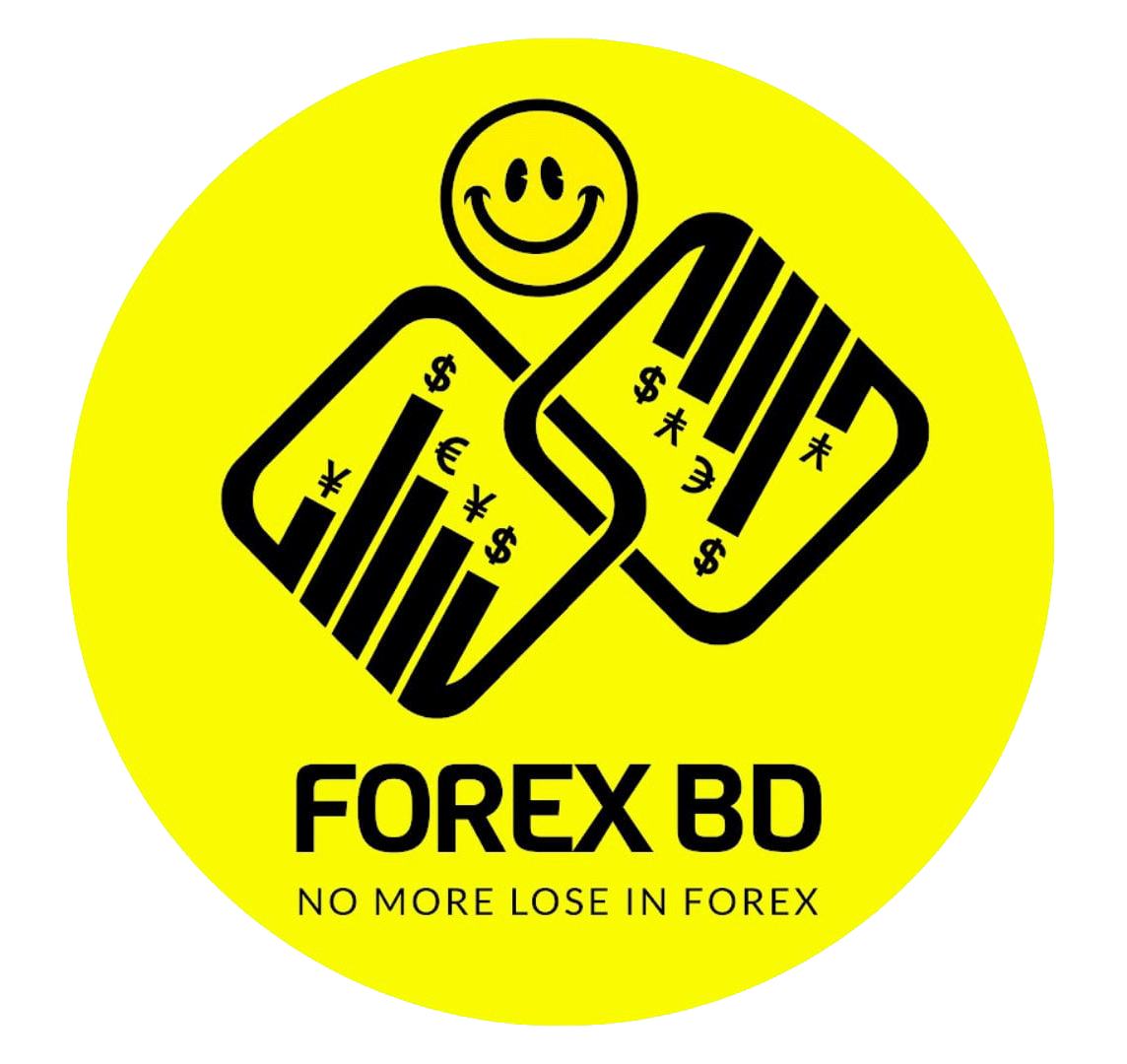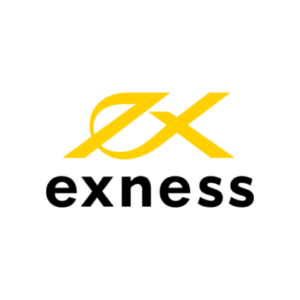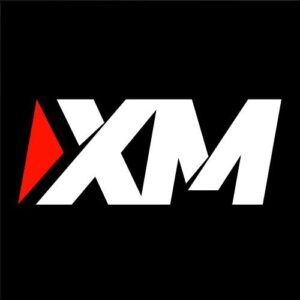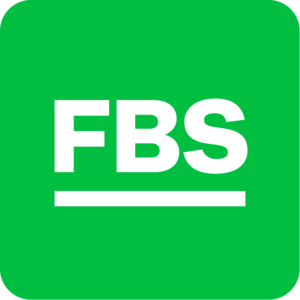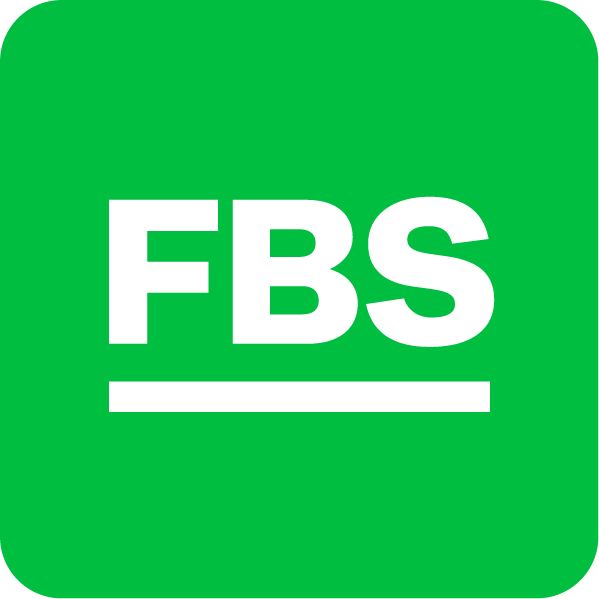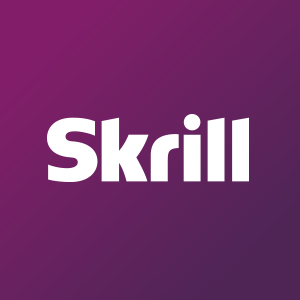When you trade forex with a broker, you will typically be charged two types of fees: spreads and commissions.
Spreads: The spread is the difference between the bid and ask prices of a currency pair. The bid price is the price at which you can sell a currency pair, while the ask price is the price at which you can buy it. The spread represents the cost of trading, and is usually quoted in pips (the smallest price increment in forex trading). For example, if the EUR/USD currency pair has a bid price of 1.2000 and an ask price of 1.2005, the spread would be 5 pips.
Commissions: Some forex brokers charge a commission on each trade in addition to the spread. The commission is usually a fixed amount per lot traded, or a percentage of the trade value. For example, a broker might charge $5 per lot traded, or 0.5% of the trade value. Commissions are typically charged on both the opening and closing trades.
It’s important to understand the cost of trading with a forex broker, as higher spreads and commissions can eat into your profits. When comparing forex brokers, it’s a good idea to look for brokers with tight spreads and low commissions, as well as transparent and fair pricing policies. Some brokers may also offer different types of accounts with varying spreads and commissions, depending on the size and frequency of your trades.
here are some additional details about forex broker spreads and commissions:
Fixed vs. Variable Spreads: Some forex brokers offer fixed spreads, which remain constant regardless of market conditions. Other brokers offer variable spreads, which can widen or narrow depending on market volatility, liquidity, and other factors. Variable spreads can be lower than fixed spreads during times of high liquidity, but can widen significantly during news events or other market disruptions.
Raw Spreads: Some forex brokers offer “raw” spreads, which reflect the actual bid-ask prices in the interbank market, with no markups or commissions added. Raw spreads are typically offered by ECN or DMA brokers, which provide direct access to liquidity providers.
Spread Markups: Some forex brokers may add a markup to the raw spread, which represents their profit margin. The markup can vary from broker to broker, and may depend on factors such as account type, trade size, and trading volume.
Commission Structures: Forex brokers may charge commissions based on different structures, such as a flat fee per lot, a percentage of the trade value, or a combination of both. Some brokers may also offer volume-based discounts, where the commission rate decreases as your trading volume increases.
Spread and Commission Comparisons: When comparing forex brokers, it’s important to compare their spreads and commissions across different currency pairs and account types, as well as during different market conditions. Some brokers may offer tighter spreads and lower commissions on major currency pairs, while others may offer more competitive pricing on exotic or minor currency pairs.
Additional Fees: In addition to spreads and commissions, forex brokers may also charge other fees, such as rollover/swaps (overnight financing charges), deposit/withdrawal fees, and inactivity fees. Be sure to review the broker’s fee schedule and terms and conditions carefully before opening an account.
Overall, understanding how spreads and commissions work can help you make more informed decisions when choosing a forex broker and managing your trades.
A Forex broker is a financial services company that provides traders with access to the foreign exchange market. The primary function of a Forex broker is to facilitate the buying and selling of currencies by acting as an intermediary between the trader and the market.
Forex brokers offer traders a variety of services, including trading platforms, market analysis, and educational resources. They also provide access to leverage, which allows traders to control larger positions with a smaller amount of capital.
Forex brokers can operate in different ways, such as market makers, which set their own bid and ask prices and take the opposite side of their clients’ trades, or as agency brokers, which pass their clients’ orders directly to the market without any intervention.
Choosing a reliable and trustworthy Forex broker is important for traders to ensure that they receive fair and transparent pricing, access to a range of financial instruments, and adequate customer support.
Forex brokers play an important role in the foreign exchange market by providing liquidity and enabling traders to participate in the market with ease. Forex brokers offer a wide range of services and tools to traders, including:
Trading Platforms: Forex brokers provide traders with access to trading platforms that allow them to place trades, analyze the market, and manage their trading accounts.
Market Analysis: Forex brokers offer traders access to market analysis, including news, research, and economic data. This can help traders make informed decisions about when to enter or exit the market.
Educational Resources: Forex brokers often provide educational resources, such as webinars, videos, and tutorials, to help traders improve their trading skills and knowledge.
Leverage: Forex brokers offer traders access to leverage, which allows traders to control larger positions with a smaller amount of capital. However, it’s important to note that leverage can increase both potential profits and losses.
Customer Support: Forex brokers provide customer support to help traders with any questions or issues they may have.
When choosing a Forex broker, traders should consider factors such as the broker’s reputation, regulation, trading conditions, fees and commissions, and customer support. It’s important to choose a broker that is reliable, transparent, and offers competitive pricing and trading conditions.
Forex brokers provide traders with access to various types of trading platforms, each with its own unique features and advantages. Here are some of the most common types of Forex broker platforms:
MetaTrader 4 (MT4): MT4 is one of the most popular Forex trading platforms, used by millions of traders worldwide. It is known for its user-friendly interface, extensive charting tools, and support for automated trading through Expert Advisors (EAs).
MetaTrader 5 (MT5): MT5 is the newer version of MT4 and offers additional features and improvements, such as more advanced charting tools, additional order types, and support for more financial instruments.
cTrader: cTrader is a trading platform that offers advanced charting tools, support for automated trading, and fast order execution. It is known for its user-friendly interface and customization options.
WebTrader: WebTrader is a browser-based trading platform that allows traders to access the market from any device with an internet connection. It is a popular choice for traders who prefer a simple and easy-to-use platform.
Mobile Trading Platforms: Forex brokers also offer mobile trading platforms that allow traders to access the market and manage their positions from their smartphones or tablets. These platforms typically offer a range of features, including real-time quotes, charts, and news updates.
When choosing a Forex broker platform, it’s important to consider factors such as ease of use, charting tools, order types, automated trading options, customization options, and compatibility with your trading style and strategy. Ultimately, the best platform for you will depend on your individual needs and preferences as a trader.
Forex brokers can be categorized into different types based on their business model and the services they offer to their clients. Here are some of the most common types of Forex brokers:
Dealing Desk (DD) Brokers: Dealing Desk brokers, also known as market makers, act as counterparties to their clients’ trades. They provide liquidity to the market by taking the opposite side of their clients’ trades, and may also offer fixed spreads, guaranteed stop-loss orders, and other risk management tools.
No Dealing Desk (NDD) Brokers: No Dealing Desk brokers do not act as counterparties to their clients’ trades, but instead route their orders directly to liquidity providers, such as banks, financial institutions, and other brokers. NDD brokers typically offer variable spreads and faster order execution speeds than DD brokers.
Electronic Communication Network (ECN) Brokers: ECN brokers are similar to NDD brokers, but instead of routing orders to a single liquidity provider, they connect their clients to a network of liquidity providers, which compete to offer the best bid and ask prices. ECN brokers typically charge a commission for their services, but offer some of the tightest spreads and fastest order execution speeds in the market.
Straight Through Processing (STP) Brokers: STP brokers are similar to NDD brokers, but instead of routing orders directly to liquidity providers, they use automated systems to execute orders based on pre-defined trading rules. STP brokers may offer variable or fixed spreads, and may charge a commission or markup on their services.
Hybrid Brokers: Hybrid brokers combine elements of different business models, such as acting as both a market maker and an ECN broker, or offering both fixed and variable spreads. Hybrid brokers may offer a range of services and account types to meet the needs of different types of traders.
When choosing a Forex broker, it’s important to consider the broker’s business model and the services they offer, as well as their reputation, regulation, and customer support. The best broker for you will depend on your individual needs and trading style, as well as the trading conditions and fees offered by the broker.
Regulatory compliance: Look for a broker that is regulated by a reputable financial authority, such as the Financial Conduct Authority (FCA) in the UK, the National Futures Association (NFA) in the US, or the Australian Securities and Investments Commission (ASIC) in Australia. This ensures that the broker adheres to strict standards and rules designed to protect investors.
Trading platform: A user-friendly and reliable trading platform is crucial for successful forex trading. Look for a broker that offers a platform with advanced charting tools, customizable indicators, and real-time news and data feeds.
Trading instruments: Make sure the broker offers a wide range of currency pairs, as well as other trading instruments, such as commodities, indices, and cryptocurrencies.
Trading fees and spreads: Trading fees and spreads can significantly impact your profitability, so look for a broker that offers competitive rates.
Customer support: Choose a broker that offers excellent customer support, with multiple channels of communication, such as phone, email, and live chat.
Name
Details
Rating
Leverage: 1:30 | 1:500
Regulation: CySEC, FCA, DFSA, FSCA, FSA.
Min. Deposit: 5 US$
Min. Withdraw : 5 US$
HQ: Sydney, Australia
Platforms: MT4, MT5, ctrader, web trading
Found in: January 30, 2007
Deposit Methods: Bank Wire (BankTransfer), VISA, MasterCard, Neteller, Skrill, WM, PM, Crypto
Leverage: 1:120 | 1:500
Regulation: SVGFSA #151 IBC, CySEC, DFSA.
Min. Deposit: 10 US$
Min. Withdraw : 10 US$
HQ: James Street. Kingstown, Saint Vincent And Grenadines
Platforms: MT4, cTrader, web trading
EAs/Robots: ✅ Yes | News Trading: ✅ Yes | Scalping: ✅ Yes
Cryptocurrencies: 20+) Bitcoin, Litecoin, Ethereum
Deposit Methods: Local Deposit, Bank Wire (BankTransfer), VISA, MasterCard, Neteller, Skrill, Crypto. USDT
Regulation: CySEC, FCA, DFSA, FSCA, FSA, CMA
Founded: 2008
Founders: Petr Valov, Igor Lychagov
Year Founded : 2008
Deposit Methods: VISA, MasterCard, Neteller, Skrill, WM, PM, Crypto (MORE)
Year Founded : 2010
Cryptocurrencies: (5+) Bitcoin, Litecoin, Ethereum
Deposit Methods: Local Deposit, Bank Wire (BankTransfer), VISA, MasterCard, Neteller, Skrill, WM, PM, Crypto, USDT (MORE)
Year Founded : 2010
Cryptocurrencies:
 Yes
YesDeposit Methods: Local Deposit, Bank Wire (BankTransfer), VISA, MasterCard, Neteller, Skrill, WM, PM, Crypto, USDT
Year Founded : 2009
Cryptocurrencies:



Deposit Methods: Local Deposit, Bank Wire (BankTransfer), VISA, MasterCard, Neteller, Skrill, WM, PM, Crypto, USDT
Year Founded : 2009
Cryptocurrencies:



Deposit Methods: Bank Wire (BankTransfer/SWIFT), VISA, MasterCard, Alipay, Bitcoin, Bitcoin Cash, Boleto, Ether/Ethereum, Litecoin, Local Bank Deposits, M-Pesa, Mobile Money, Monero, PerfectMoney, Ripple, WebMoney
Year Founded : 2009
Cryptocurrencies:



Deposit Methods: Bank Wire (BankTransfer/SWIFT), VISA, MasterCard, Alipay, Bitcoin, Bitcoin Cash, Boleto, Ether/Ethereum, Litecoin, Local Bank Deposits, Mobile Money, PerfectMoney, WebMoney, USDT
Year Founded : 2011
Cryptocurrencies: (25+) Bitcoin, Litecoin, Ethereum
Deposit Methods: Bank Deposit, VISA, awepay, Bitcoin, FasaPay, Local Bank Deposits, Local Bank Transfers, Neteller, paytm, Skrill, UnionPay, USDT
Forex trading is a popular financial activity that involves buying and selling currencies to profit from the fluctuations in exchange rates. As with any financial activity, it is essential to choose a reputable and regulated broker to ensure the safety of your funds and a fair trading environment. In this article, we will discuss some of the top regulated forex broker houses.
Online forex trading payment methods refer to the various payment options available for forex traders to deposit or withdraw funds from their trading accounts. In the world of forex trading, payment methods play a vital role in facilitating smooth transactions, and it is important to choose a secure and reliable payment method that suits your needs.
Like, Share & Subscribe to Our Official Sites
Contact with Us :
Copyright © 2023 Forex BD
Risk Warning: Trading on financial markets carries risks. Contracts for Difference (‘CFDs’) are complex financial products that are traded on margin. Trading CFDs carries a high level of risk since leverage can work both to your advantage and disadvantage. As a result, CFDs may not be suitable for all investors because you may lose all your invested capital. You should not risk more than you are prepared to lose. Before deciding to trade, you need to ensure that you understand the risks involved and take into account your investment objectives and level of experience.
Disclaimer : Forexbd.ltd is not encouraging anyone to do forex/stock trading, as there are investments and financial risks involved. ForexBD channel or videos are educational and informative. Before deciding to invest in the forex market, you should carefully consider your investment objectives, level of experience, and risk appetite.
